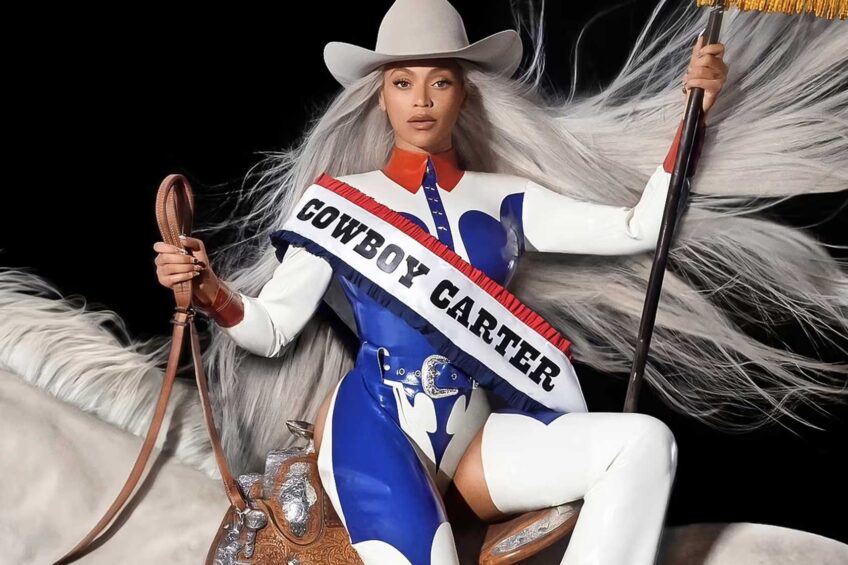Trump and Biden’s presidential debates will be good theater but not much more. I say that not because Trump and Biden have nothing to say, or that the issues aren’t colossal, and how they’d deal with them aren’t widely different. But the cold truth is that numerous polls and surveys before and after past presidential debates have confirmed that they don’t change voter preferences. In 2016, most experts said that Hillary Clinton performed far better than Trump in her answers and approach on the major policy issues. But she still lost the White House. This go-round, House Speaker Nancy Pelosi thought so little of Biden even bothering to debate Trump that she has repeatedly called for him to scrap debates, since, as she put it, Trump is such a liar that it’s impossible to get anything productive out of a debate.
Decades earlier in 1987, former President Richard Nixon had a late-life reflection on what went right and wrong in his long and checkered political career. He had this to say about presidential debates: “In the television age, a candidate’s appearance and style count far more than his ideas and record.”
Nixon, more than any other presidential candidate in modern times, should know about that. The widely held belief is that Nixon’s fidgety, wooden style and unkempt appearance in his first 1960 televised debate with a relaxed, tanned, youthful-looking John F. Kennedy did him in. In their two follow-up debates, though, a much better-composed and relaxed Nixon came off as having as good, if not better, command of the issues than Kennedy. His perceived debate loss to Kennedy didn’t finish him. The probable vote machinations by Democrats in Illinois, a lukewarm, belated endorsement by the wildly popular President Dwight Eisenhower, and Nixon’s refusal to phone Martin Luther King Sr. to offer support when Martin Luther King Jr. was jailed for civil rights protests in Georgia badly damaged him. Kennedy made the phone call. As a result, Nixon’s vote among Blacks dropped nearly 10 percent from Eisenhower’s in 1956.
Nixon’s alleged debate wash-out sealed the belief that an afternoon shadow, mussed hair, a malapropism, and a gaffe during a debate will make or break presidents and their challengers. That’s a myth. In 1976, President Ford’s bid for a full elected term supposedly went down the tubes when he blurted out during his debate with Democratic challenger Jimmy Carter that Poland wasn’t under Soviet domination. Presumably, that gaffe shot to pieces Ford’s credibility on vital foreign policy issues. But Ford could not shake Republican blame for the Watergate scandal and his pardon of Nixon. This, more than his debate miscue, did him in.
In 1980, it was thought that Republican challenger Ronald Reagan’s carefully scripted and rehearsed “There you go again” retort to Carter when he accused him of wanting to slash Medicare so befuddled Carter that his re-election bid came unglued. But by the time of their debate, Carter’s presidency was badly tattered. Voters blamed him for high inflation, unemployment, waves of business failures and the bungled Iran hostage rescue mission.
In 2000, George W. Bush came off as personable, witty and conversational in his debate with Democrat Al Gore. By contrast, Gore was perceived as stiff, arrogant and condescending. Yet, many experts believed that despite Gore’s personality glitches, he still beat Bush on the issues. Gore went on to win the popular vote. It took the Florida vote debacle and a Supreme Court ruling to settle the matter for Bush.
In 2008, candidate Obama, and then in 2016, President Obama, won and lost in some debate rounds to John McCain and then Mitt Romney. However, Obama’s favorables were already high with a wide cross-section of voters. So, even his occasional stumbles on camera during the debates didn’t damage him. Then there’s the polarization in American politics. It is so wide and deep that even those voters who truly have not made up their minds before the debates and can be influenced by a debate performance have dwindled to almost none.
Biden or Trump will win the White House if voters really feel that one can better handle the country’s economic and domestic mess than the other. That won’t come from a presidential debate.
Still, Trump and Biden will, if nothing else, be a good show.
Earl Ofari Hutchinson is an author and political analyst.


![Banner [Virtual] Art Gallery](https://baystatebanner.com/wp-content/uploads/2024/04/Cagen-Luse_Men-at-store-e1713991226112-150x150.jpg)



